The War on Drugs, an initiative that began under the administration of U.S. President Richard Nixon in the 1970s, stands as one of the longest and most controversial campaigns in modern history. In an attempt to address the growing use of illicit drugs, especially marijuana and heroin, this government policy triggered a series of repressive and punitive measures that deeply affected society and the judicial system. And all this, why not say it, without achieving absolutely nothing.
Over decades, the War on Drugs has evolved, generating debates about its effectiveness, its social consequences, and its impact on the most vulnerable communities. In this article we invite you to explore the origins, evolution, and implications of this campaign from its beginnings to the present day, highlighting its position as one of the most protracted, complex, and futile struggles of the modern era.
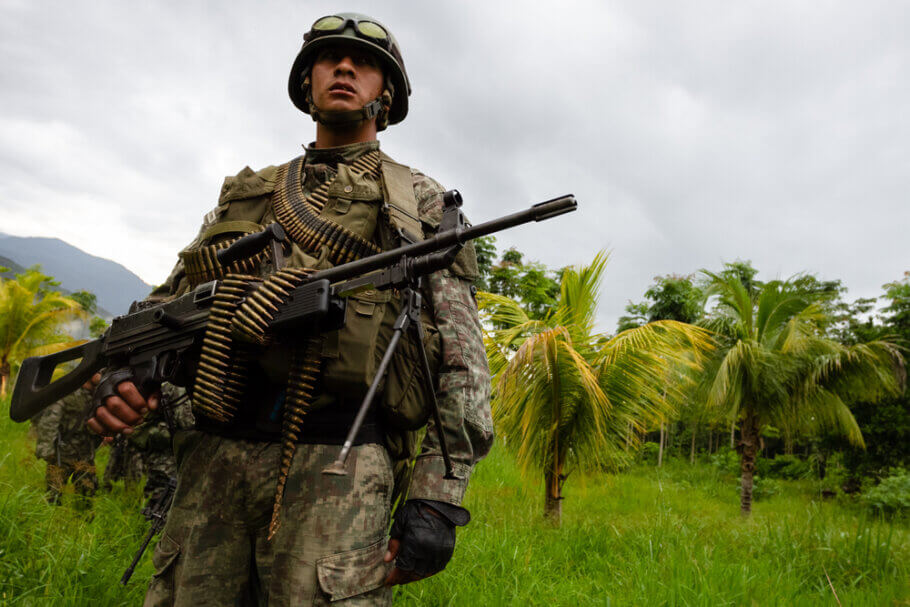
The War on Drugs and its precedents
Normally, when talking about the War on Drugs one refers to the period of time from when Nixon proclaimed it in June 1971 to the present day, which would make it the longest war in modern history if we understand it as such. However, these policies were not forged during the 1970s; obvious precedents for them are easily detectable in previous decades.
After centuries in some cases and millennia in others of fluid coexistence between the plant and the human being (remember that cannabis is one of the plant species that has been cultivated by humanity for the longest time), this dynamic was severely compromised during the 20th century. Already at the beginning of this century, starting in 1919, the prohibitionist policy was imposed with the ratification of the Prohibition Law, which prohibited the sale and use of alcohol in the United States and other areas within its jurisdiction.
What happened during the following decade and until the fall of this Law in 1933? Among others, two phenomena: first, that people did not stop drinking, and second, that in order to do so, authentic criminal organizations dedicated to the manufacture and distribution of alcoholic beverages were created. Indeed, people like Al Capone did not get rich by selling pizza, but by taking advantage of the business opportunities that the legal status of alcohol provided.
During this decade of the 1930s, the documentary Reefer Madness (Louis J. Gasnier, 1936) was published, a measure of anti-cannabis propaganda aimed at demonizing both the plant itself and its consumers. Only one year later, in 1937, the production, use, and consumption of the plant was prohibited in the United States throughout the United States. After the experience with Prohibition, one would think that the lesson would have been learned, but nothing could be further from the truth; The mistake was repeated, and in this case with a clear intention to also demonize certain groups within American society.
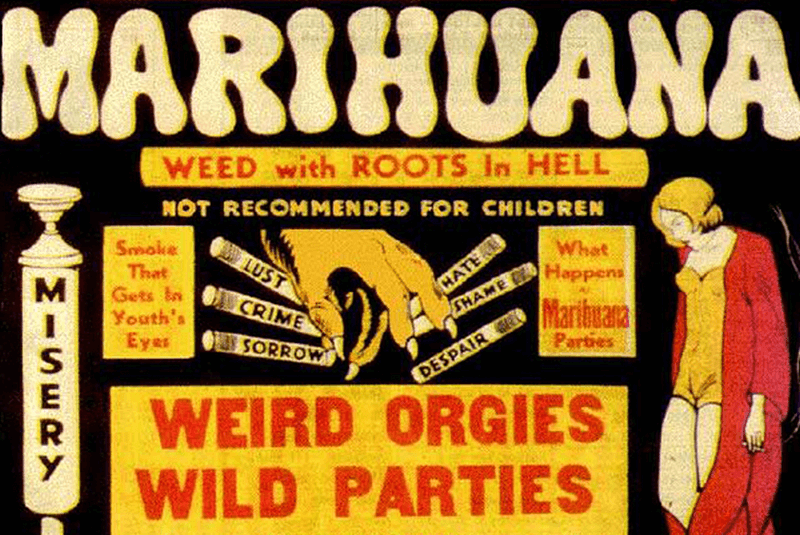
History of cannabis prohibition
For centuries, cannabis has had a somewhat tumultuous relationship with the legislatures of different cultures. Although accepted in most places for hundreds of years, in the 19th century a trend towards the prohibition of this plant began to be observed, which led to the worldwide prohibition established during the 20th century. Today we will look at the main factors that led to this situation, its background, and how it was possible to displace cannabis in all its fields, from recreational to industrial or medicinal.
The 1960s, Richard Nixon begins his anti-cannabis crusade
Without a doubt, Nixon has been one of the most applauded characters by the most obtuse prohibitionists throughout the planet. Vice President of the United States from 1953 to 1961, he ended this first period in government by promoting the categorization of cannabis as a highly dangerous and addictive substance, also prohibiting any type of research that could demonstrate potential benefits of the plant; It is clear that his restrictionist impulses far outweighed his concerns about medical and welfare research.
But the real anti-cannabis party was organized by our friend Richard between 1969 and 1974, already president of the country. To begin with, in September 1969, Nixon announced Operation Interception, designed to end marijuana trafficking on the border between Mexico and the United States. The result? Total failure, although the new president achieved with this movement that the drug issue became a matter of national priority.
Not happy with this first fiasco, Nixon made his next move, although as we will see it did not turn out as he expected. In 1971, Nixon established the so-called Shafer Commission, which in his imagination was going to find irrefutable evidence that cannabis had to be the herb that one found in the anteroom of hell. Well, it was a terrible disappointment for him. Let’s see what happened.
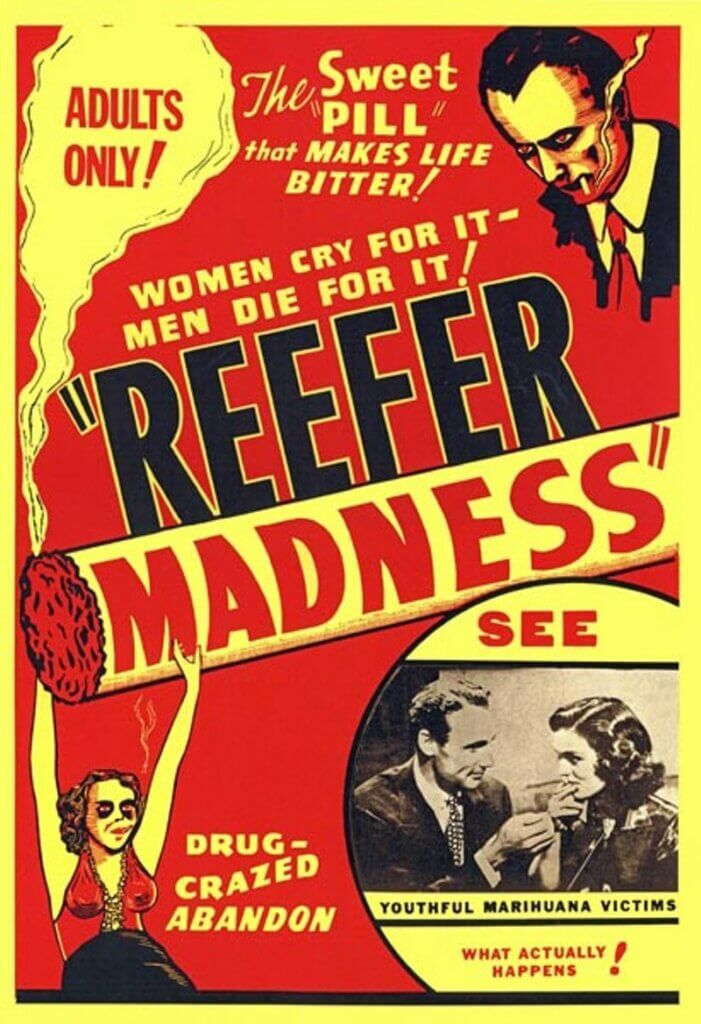
The Shafer Commission, or how to hide your head in a hole
As we told you, the Shafer Commission, also known as the National Commission on Marijuana and Controlled Drug Abuse, was established by US President Richard Nixon in 1971 in response to growing concerns about drug use in the United States, concerns that by other hand were mainly his and his clique. This commission was named in honor of its chairman, former Pennsylvania Governor Raymond P. Shafer.
The purpose of the Shafer Commission was to conduct a comprehensive study on the use of marijuana and other controlled drugs in the United States, evaluating their impact on society and proposing public policies based on scientific evidence. The commission was composed of a diverse group of experts in public health, psychiatry, law, social sciences, and law enforcement. So far so good, right? These things must be studied, and it must be done by experts. All good.
However, here came the shot of vinegar for Nixon; after a year of investigation, the Shafer Commission published its final report in 1972, which reached several important conclusions:
- He recommended the decriminalization of personal marijuana possession and use, arguing that the punitive approach was ineffective and generated more harm than good.
- He stressed that occasional marijuana use was not inherently dangerous to public health and that harsh criminal laws were disproportionate to the actual harm caused by the drug.
- Urged a review of drug policies to prioritize addiction prevention and treatment over strict law enforcement
Well yes, a huge disappointment for Richard. But don’t think that these results were going to change his mind…Despite the recommendations of the Shafer Commission, the Nixon administration rejected its conclusions and continued with repressive drug war policies. If reports prepared by experts are not suitable for your thesis…just ignore them! However, and to our protagonist’s chagrin and regret, the commission’s report became an important reference point in debates about drug policy in the United States and remains relevant to this day.
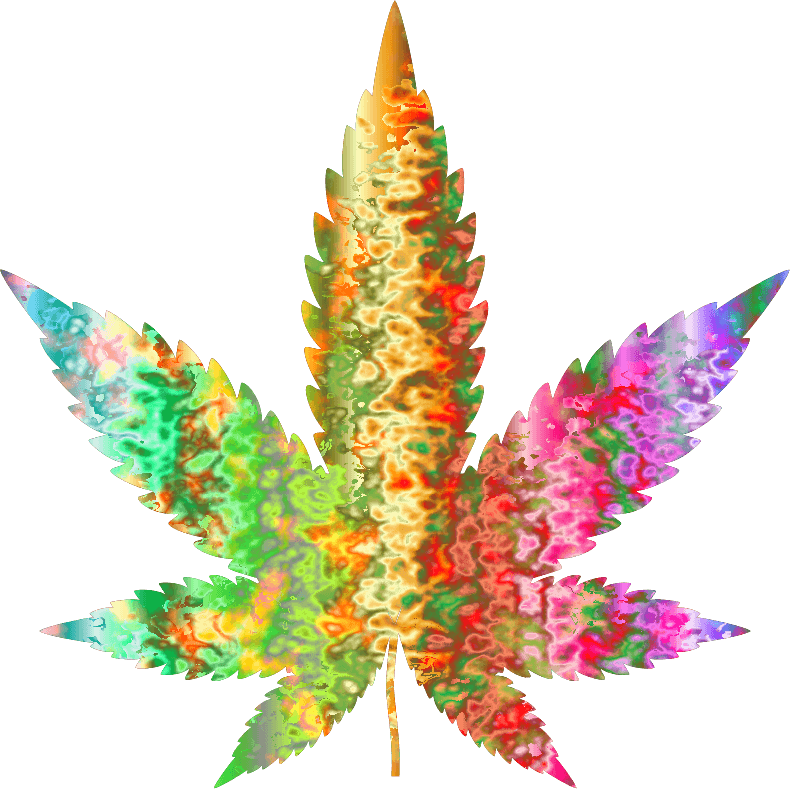
Cannabis in the seventies, a decade of change
The 1970s is undoubtedly one of the most interesting decades in the recent history of cannabis. Despite the efforts of the authorities at the federal level, marijuana cultivation and consumption skyrocketed in the US during that decade, so as politicians and police launched a veritable war against the plant, the first hybrids were developed and hydroponic growing techniques began to be applied in indoor gardens, laying the foundations for the decades to come.
What exactly is the War on Drugs?
The War on Drugs officially began in the United States in the 1970s, during the presidency of Richard Nixon. In a televised speech on June 17, 1971, Nixon declared drug addiction “public enemy number one” and announced the implementation of an aggressive campaign to combat illicit drug trafficking and use.
The Nixon administration enacted stricter drug laws and policies, such as the Controlled Substances Act of 1970, which classified drugs based on their potential for abuse and medical use. He also established the Drug Enforcement Administration (DEA) in 1973 to coordinate federal drug-related law enforcement efforts.
This period marked the beginning of an era of more punitive drug policies in the United States, which expanded in subsequent decades under different administrations. The War on Drugs became a national priority and was characterized by aggressive law enforcement, with a focus on the arrest and prosecution of drug traffickers and users, as well as the implementation of border security measures to prevent the entry of narcotics and the eradication of drug plantations in various countries.
Although the War on Drugs began in the United States, its influence spread internationally, with other countries adopting similar policies to address the problem of illicit drug trafficking and consumption, not without certain pressure from the United States. As it progressed, the conflict moved to the international level, establishing a true war on many different fronts that involved nations such as Mexico, Colombia, and Puerto Rico. But Nixon was not alone, and as the US put more and more pressure, a growing number of countries joined his policies, such as Canada, France, Germany, the United Kingdom, or the already mentioned Mexico and Colombia, among many others.
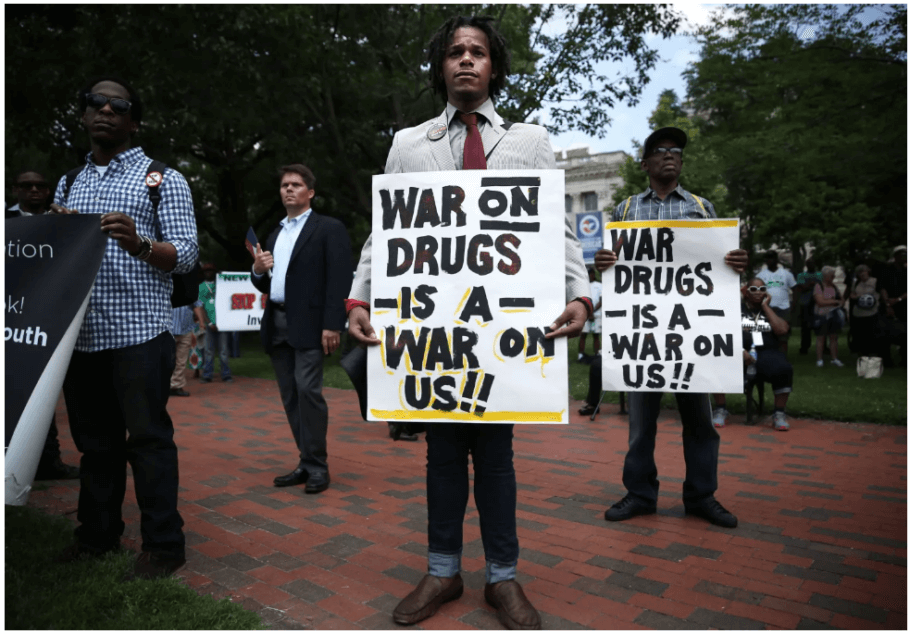
Would Nixon and his crew manage to end drug use in the world? Could good old Richard and his clique cure humanity of its urge to get high? Well obviously not, but we are very afraid that they already knew this before starting their War. A conflict that is still open today and that has no signs of achieving the objectives of those who started it, and that also insists, in many cases and 50 years later, on its restrictive points of view.
Consequences of the War on Drugs
After the experience with Prohibition, one might think (without the need for an excessive IQ) that prohibiting drugs would bring the same consequences seen in the US during the decade of the Roaring 20s. Happy times especially for the gangsters, of course, who amassed real fortunes and established their criminal empires wherever there was someone who wanted to have a drink.
Well, after 50 years of the War on Drugs, today we can announce the result of such an operation (drum roll): No, we have not managed to put an end to the use, production, and trafficking of drugs! And yes, mafias that control all of this and accumulate levels of power that in some cases rival the State have reappeared! Bravo Richard and company, bravo…what a surprise, right?
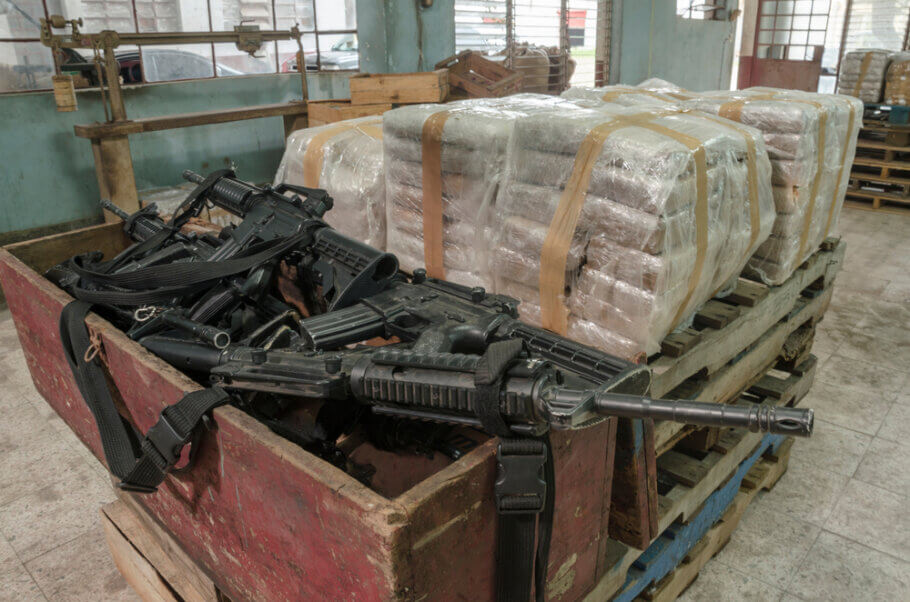
Ironies and sarcasm aside, below we summarize some of the consequences of this conflict, which of course have been the subject of debate and criticism by many administrations:
- Mass Incarceration: The heavy-handed policy of the War on Drugs has led to a significant increase in the incarceration of people for drug-related crimes, especially in the United States. This has contributed to the problem of prison overcrowding and raised concerns about disproportionate criminal justice and the impact on certain minority communities. Yes, if you put someone in jail for carrying 3 joints on them, you are going to have overcrowded prisons.
- Violence and crime: The fight against drug trafficking has led to an increase in violence and crime in many areas, especially in countries where criminal organizations fight for control of the market for these drugs. This has led to high rates of homicides, kidnappings, and other violent crimes, which of course do not occur in the case of legal drugs.
- Social and economic effects: The criminalization of drugs has had adverse social and economic effects on affected communities. This includes the stigmatization of drug users, the marginalization of disadvantaged communities, and the loss of economic opportunities for those with criminal records for drug-related crimes.
- Damage to public health: The War on Drugs has had limited impact on reducing drug use and has led to a number of public health problems, including the spread of blood-borne diseases among injection drug users and lack of access to harm reduction treatments and services.
- Displacement and corruption: In some countries, the fight against drug trafficking has led to the displacement of entire communities and the corruption of government officials, police, and other law enforcement authorities.
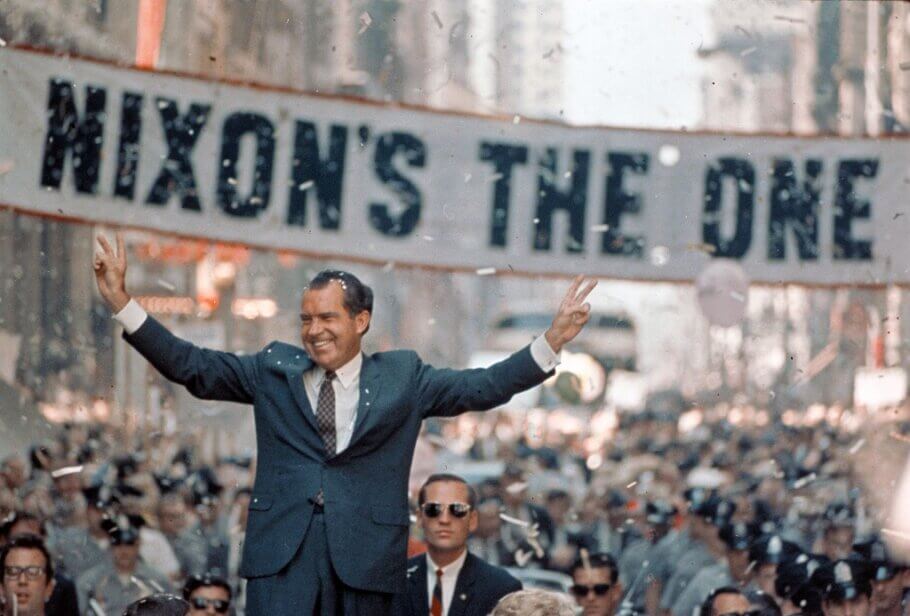
Conclusions
In general, with the passage of time and the increasing use of so-called intelligence, the War on Drugs has come under criticism for its punitive approach and its lack of success in effectively addressing the problem of drug abuse and trafficking, and today it is often seen as a failed experiment that has had devastating consequences on multiple levels. Despite decades of effort and billions of dollars spent, the prohibitionist and militarized approach has failed to significantly reduce either drug trafficking or consumption. Instead, it has led to an increase in mass incarceration, the stigmatization of entire communities, the strengthening of criminal organizations, and an unsustainable burden on the criminal justice system. Not to mention the expense involved. Maybe that’s why this whole circus was set up?
It is clear that drug criminalization has not been effective in addressing the deep roots of the problem and has generated harmful and disproportionate consequences in too many cases. Instead of continuing to perpetuate a policy that has proven to be ineffective and unfair, we believe it is time to adopt a more compassionate approach, based on public health and human rights. Decriminalizing personal drug use, investing in prevention and treatment programs, and diverting law enforcement resources toward solutions geared toward the well-being of individuals and communities would likely be more beneficial than declaring war on stoners and growers.
First Prohibition and then the War on Drugs have taught us valuable lessons, and more than 50 years of conflict have left us many clues on how to address the drug issue. Let’s use them wisely!
The articles published by Alchimiaweb, S.L. are reserved for adult clients only. We would like to remind our customers that cannabis seeds are not listed in the European Community catalogue. They are products intended for genetic conservation and collecting, in no case for cultivation. In some countries it is strictly forbidden to germinate cannabis seeds, other than those authorised by the European Union. We recommend our customers not to infringe the law in any way, we are not responsible for their use.
Source link
#War #Drugs #longest #modern #era #Alchimia #Grow #Shop